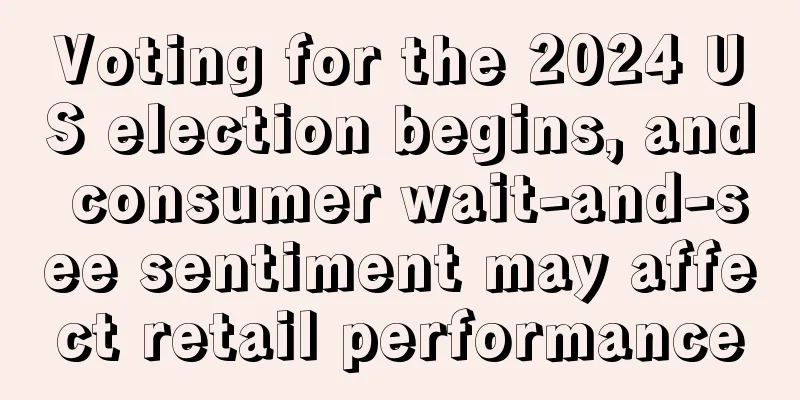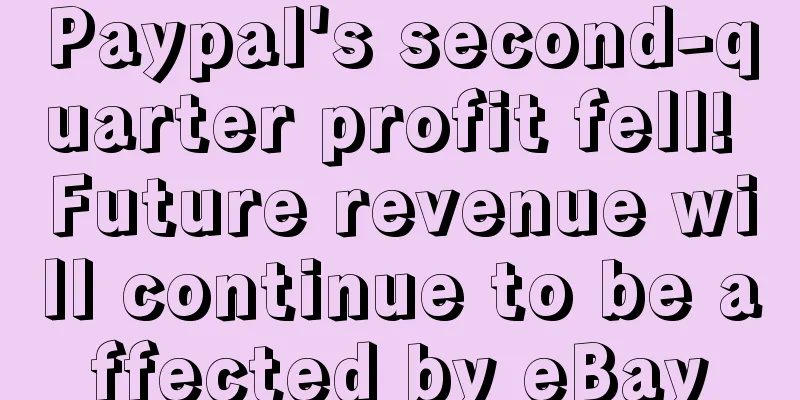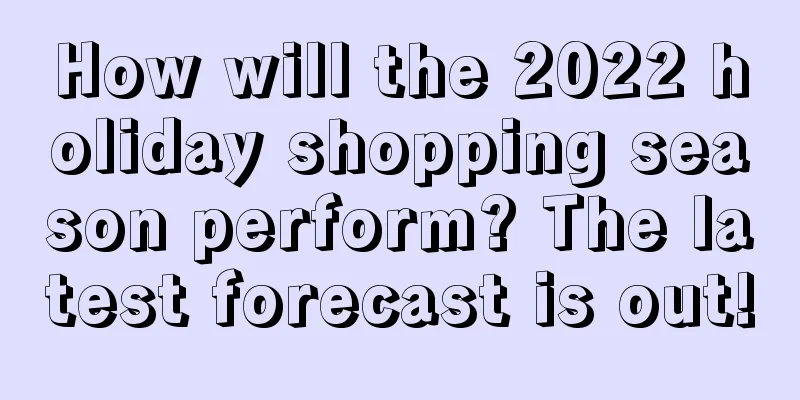Voting for the 2024 US election begins, and consumer wait-and-see sentiment may affect retail performance

|
It is learned that the 2024 US presidential election day officially started on November 5th local time. It is understood that according to data from the University of Florida Election Laboratory, as of the morning of November 4th local time, more than 78.02 million voters across the United States have voted early. The candidates for this year's US presidential election are Democratic candidate and current Vice President Kamala Harris and Republican candidate and former President Donald Trump. The American media generally believes that the 2024 election will be the most stalemate presidential election in recent years. With the closing of the first polling stations at 18:00 EST on Tuesday, the election entered the countdown stage, and the final polling station will close at 01:00 the next morning. The election results are attracting much attention, and during this period, US consumers' retail spending has also felt the pressure of election uncertainty. Many consumers will reduce large non-essential consumption on the eve of an election, and this phenomenon is particularly evident when the election situation is tense and future economic policies are unclear. According to Elizabeth Marsten, vice president of business media at performance marketing agency Tinuiti, although consumer spending has not declined significantly, consumers' cautious attitude is enough to affect the performance of retail brands. Marsten noted that during Amazon's Prime Day event on Oct. 8 and 9, average order value was down about 12% from last year. Among them, sales of clothing, electronics, and home and garden supplies fell the most, and the slowdown was mainly attributed to "deal fatigue", that is, consumers' enthusiasm for promotions has waned. In order to achieve the sales target of the same period last year, the brand's investment in retail media increased significantly. However, the average cost per conversion increased by more than 25%, causing a significant drop in return on advertising spend, further increasing brand pressure. In addition, discretionary spending categories such as building materials and luxury goods also saw a slowdown. Jason Goldberg, chief strategy officer at Publicis Groupe, said advertising budgets remained stable overall, but political advertising was concentrated during elections, intensifying the competition for consumer attention and pushing up the cost per conversion of retail advertising. Market observers generally believe that the future recovery of consumer confidence will depend on whether policy uncertainty is alleviated after the election results are announced. Author ✎ Rayna/ Statement: This article is copyrighted and may not be reproduced without permission. If you need authorization, please contact: happy |
>>: Mexican version of Black Friday: Amazon starts shopping early on November 12
Recommend
What is Scope? Scope Review
Seller Labs Scope is a free Amazon tool that allow...
What is Jiacheng International Logistics? Jiacheng International Logistics Review
Hangzhou Jiacheng International Logistics Co., Ltd...
Amazon’s sales in June were halved, and multiple platforms jointly launched a “siege”!
In a blink of an eye, 2024 is almost halfway over....
Another big sale that exceeded the performance bet! Will the team receive tens of millions in rewards?
After a difficult 2021, Amazon sellers usher in a ...
What is Boutique Maman? Boutique Maman Review
Boutique Maman is a French maternal and infant e-c...
TikTok sets browsing time limit: users under 18 can only browse for 60 minutes!
It is learned that TikTok has set a 60-minute dai...
Top 10 Evergreen Products in Cross-Border E-Commerce
Preface Oberlo is a well-known dropshipping platf...
What is AMZ Foreign Trade Wizard? AMZ Foreign Trade Wizard Review
AMZ Foreign Trade Wizard focuses on simulating use...
What is AMZtimer? AMZtimer Review
AMZtimer is a comprehensive data tracking and anal...
Breaking news! US FBA has stopped warehousing!
Early in the morning, a piece of news hit our sel...
Amazon's shocking bribery case, the key is that it is actually legal!
Amazon is facing antitrust investigation recently....
What are the common and alternative routines and methods for Amazon keyword research?
Amazon is a search engine, and search engines wor...
What is Yun Wujie? Yun Wujie Review
Shenzhen Yunwuyou Network Technology Co., Ltd. was...
How to utilize Amazon’s traffic?
First of all, we need to clarify how many traffic ...
What is OKS? OKS Review
Shenzhen One-Stop International E-commerce Service...









